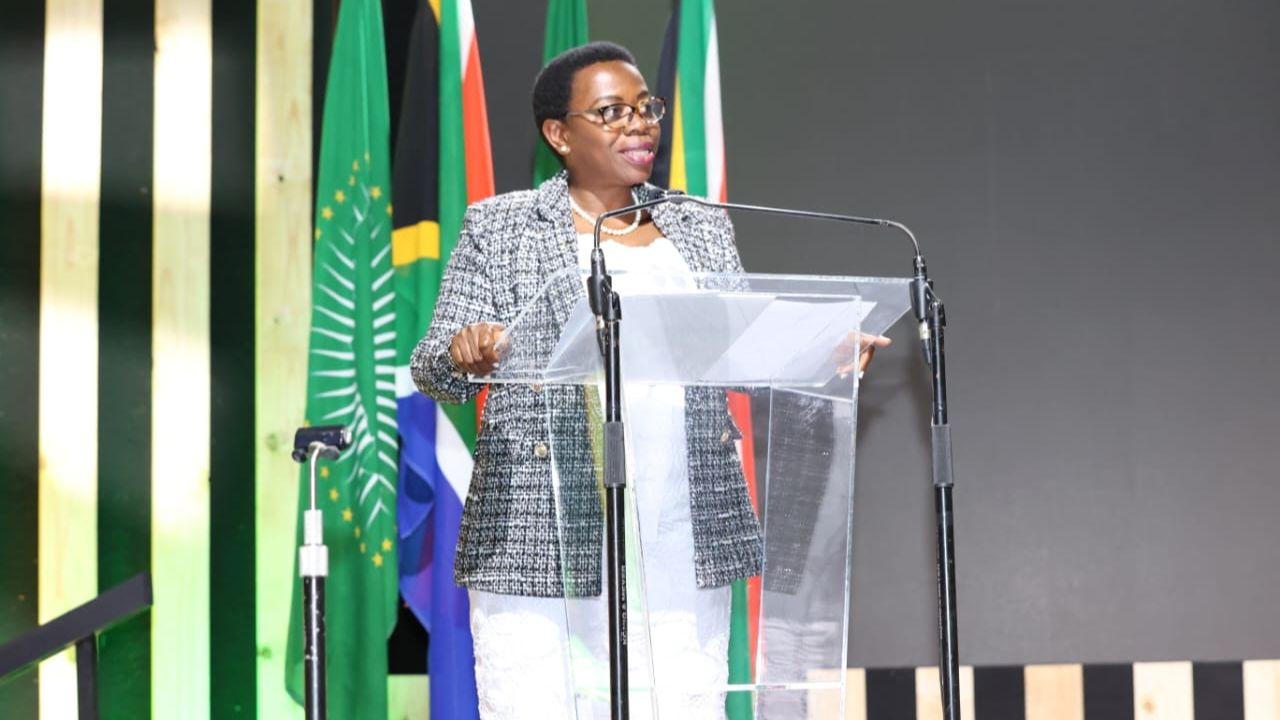The African Continental Free Trade Area (AfCFTA) Agreement is a landmark achievement that aims to boost trade and economic integration among the 55 African Union member states. The agreement, which came into force in January 2021, covers a market of 1.3 billion people and a combined GDP of $3.4 trillion.
However, the AfCFTA is not only about trade and commerce. It is also about empowering women and youth in Africa, who make up the majority of the population and the workforce. Women and youth are the engines of innovation, entrepreneurship, and social change in the continent, and the AfCFTA provides them with unprecedented opportunities to access finance, markets, and information.
Women and Youth Empowerment
The AfCFTA conference, which ended on April 19 in Cape Town, South Africa, highlighted the importance of women and youth empowerment as a key driver of the success of the agreement.
Similarly, the conference brought together representatives from all the 47-member states that have ratified the agreement, as well as private sector leaders, civil society organizations, and development partners.
Dr. Monique Nsanzabaganwa, Deputy Chairperson of the African Union Commission, challenged the member states to prioritise key interventions in supporting the capacity development and skills creation for women and youth to access finance, markets, and information.
“This is what we as the African Union Commission seek to achieve through the Women and Youth Financial and Economic Inclusion (WYFEI) 2030 Initiative whose focus is the creation of partnerships to support access to finance and other priority needs,” she stated.
Access to Finance
Also, access to finance is one of the most critical challenges women and youth entrepreneurs face in Africa. According to the African Development Bank, the financing gap for women-owned businesses in Africa is about $42 billion. Similarly, youth entrepreneurs face difficulties in accessing credit, savings, insurance, and other financial services.
The WYFEI 2030 Initiative aims to address this challenge by unlocking $100 billion for at least 10 million African women and youth entrepreneurs by 2030, through:
- Providing grants, loans, guarantees, equity, and blended finance to women and youth enterprises.
- Supporting financial institutions to develop innovative products and services tailored to women and youth needs.
- Promoting financial literacy and inclusion among women and youth.
- Leveraging digital technologies to enhance access to finance.
Access to Markets
On the other hand, access to markets is another key challenge faced by women and youth entrepreneurs in Africa. Many of them operate in informal sectors or small-scale enterprises that have limited market reach and competitiveness. They also face barriers such as high tariffs, non-tariff measures, infrastructure gaps, regulatory hurdles, and gender-based discrimination.
In addition, AfCFTA offers a unique opportunity for women and youth entrepreneurs to access a larger and more diversified market across Africa. The agreement aims to eliminate tariffs on 90% of goods traded within the continent, reduce non-tariff barriers, harmonize standards and regulations, improve trade facilitation and infrastructure, and promote regional value chains.
What’s more, by creating a single market for goods and services, the AfCFTA will enable women and youth entrepreneurs to:
- Expand their customer base and increase their sales
- Reduce their production costs and increase their profits
- Access cheaper and better quality inputs and intermediate goods
- Diversify their products and services
- Enhance their innovation and competitiveness
Access to Information
Access to information is also essential for women and youth entrepreneurs in Africa. Many of them lack reliable data and insights on market trends, consumer preferences, business opportunities, best practices, policies, regulations, and support programs.
The AfCFTA aims to improve access to information for women and youth entrepreneurs by establishing various platforms and mechanisms, such as:
Trade Observatory: A web-based portal that provides trade-related data and analysis on intra-African trade flows, tariffs, non-tariff measures, trade facilitation indicators, trade policies, and trade agreements.
Business Forum: A platform that brings together private sector actors, policy makers, civil society organizations, and development partners to exchange views, share experiences, and identify opportunities for cooperation and joint action under the AfCFTA.
Network of Chambers of Commerce: A network that connects national chambers of commerce across Africa to facilitate business-to-business linkages, matchmaking, and networking among women and youth entrepreneurs.
The AfCFTA Digital Platform: A platform that leverages digital technologies to provide e-commerce services, online training, mentoring, and coaching for women and youth entrepreneurs.


